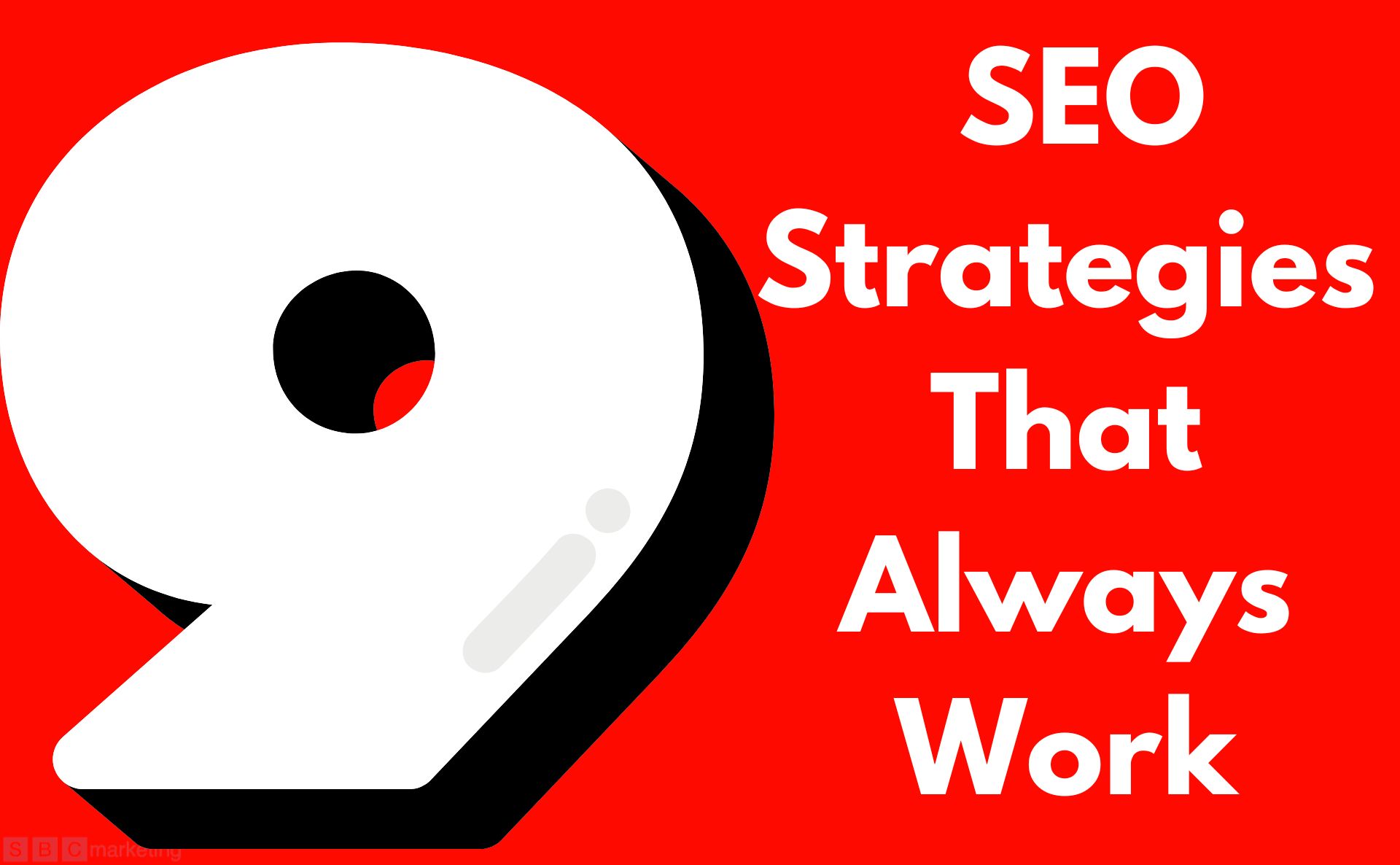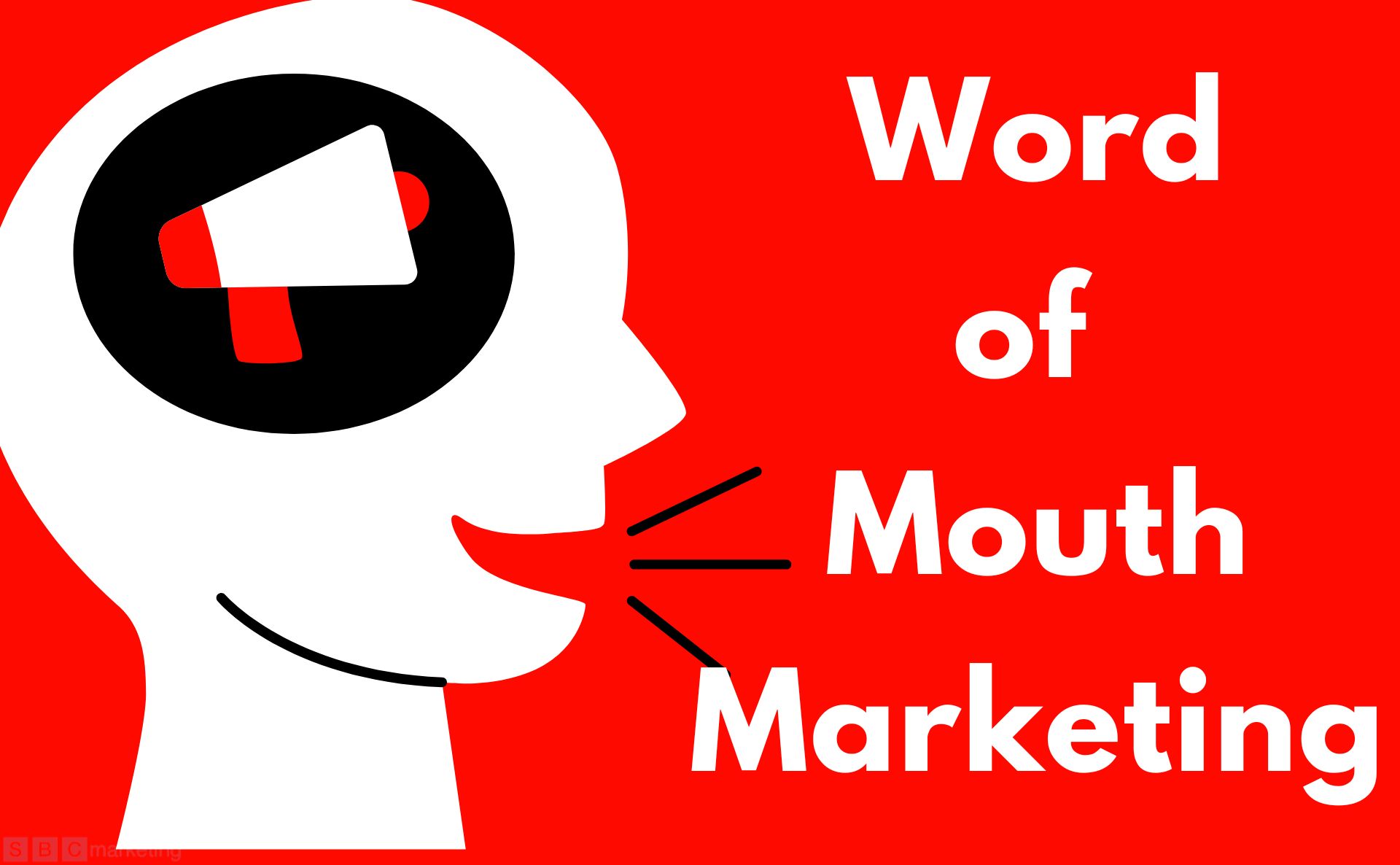Marketing Psychological Tricks You Need – Marketing is not just about showcasing a product or service; it’s about understanding and influencing the psychology of your audience. By leveraging psychological tricks, you can create more effective and persuasive marketing strategies. In this article, we’ll explore 10 powerful psychological tricks that every marketer should have in their toolkit.
1. Scarcity
Scarcity is a powerful motivator that taps into the fear of missing out. When people believe that a product or deal is limited in quantity or time, they are more inclined to take action. You can use phrases like “Limited stock available” or “Offer ends soon” to create a sense of urgency. The key is to make your audience feel that if they don’t act promptly, they’ll miss a valuable opportunity.
2. Social Proof
The principle of social proof is grounded in the idea that people tend to follow the crowd. To leverage this psychological trick, display positive reviews, ratings, and testimonials from satisfied customers prominently on your website. Encourage users to leave reviews and share their experiences, as this adds authenticity and credibility to your brand.
3. Reciprocity
Reciprocity is the idea that when you provide value to your audience without expecting an immediate return, they are more likely to reciprocate by engaging with your brand. Consider offering free resources, educational content, or small incentives. This gesture of goodwill can foster a sense of obligation, prompting potential customers to reciprocate by making a purchase.
4. Anchoring
Anchoring is a cognitive bias where people rely heavily on the first piece of information they receive when making decisions. When presenting options to your customers, start with the highest-priced option. This serves as the anchor, making subsequent options appear more affordable and reasonable in comparison.
5. Loss Aversion
Loss aversion is the psychological tendency to be more motivated by the fear of losing something than the prospect of gaining it. By framing your marketing messages in terms of potential losses, you can create a sense of urgency and prompt action. For example, “Don’t miss out on savings” emphasizes the potential loss of a good deal if not acted upon.
6. Cognitive Dissonance
Cognitive dissonance occurs when individuals experience discomfort due to conflicting beliefs or behaviors. You can address this psychological phenomenon by showing how your product or service aligns with your audience’s values and beliefs. By demonstrating a strong alignment, you help reduce cognitive dissonance and encourage purchase decisions.
7. Storytelling
Storytelling is a persuasive tool that evokes emotions and connects with your audience on a deeper level. Narratives create a memorable experience, making your brand relatable and forming a lasting impact. Share stories about your brand’s journey, customer success stories, or even the story behind a particular product or service.
8. Authority
Leveraging authority figures or industry experts to endorse your product or service taps into the psychology of trust and credibility. When an authority figure vouches for your offering, it reassures potential customers that your product is reliable and of high quality. This can be particularly effective in industries where expertise matters.
9. Visual Appeal
Visual elements play a significant role in shaping your audience’s perception. High-quality images, videos, and well-designed graphics create a positive first impression. Visual appeal can influence how people perceive your brand and products, so invest in professional visuals that reflect your brand’s identity.
10. Urgency
Creating a sense of urgency is a time-tested marketing technique that encourages immediate action. Use phrases like “limited time offer” or “act now” to prompt your audience to take the desired action without delay. Urgency triggers the fear of missing out, compelling people to make a decision rather than procrastinate.
These psychological tricks can significantly enhance your marketing efforts when applied strategically. It’s essential to remember that while these tricks are effective, they must be used ethically and transparently. Deceptive tactics can damage your brand’s reputation and trust. By understanding the psychology of your audience and aligning your marketing strategies accordingly, you can create compelling, persuasive campaigns that resonate with your customers and drive the desired actions.
To effectively implement these psychological tricks in your marketing strategy, consider the following steps:

- Know Your Audience: Understanding your target audience’s preferences, pain points, and motivations is fundamental. Tailor your approach to resonate with their specific psychological triggers. Conduct market research and gather data to create accurate customer personas.
- A/B Testing: Experiment with different strategies and messages to determine which psychological tricks work best for your specific audience and products. A/B testing allows you to compare the performance of two or more variations of your marketing efforts to see which one yields the best results.
- Consistency: Maintaining consistency in your messaging and branding is vital. It builds trust and reliability, ensuring that your audience can expect a consistent experience across all interactions with your brand. Consistency fosters a sense of security and familiarity.
- Ethical Considerations: Use psychological tricks ethically and transparently. Deceptive tactics can have detrimental consequences for your brand’s reputation and long-term success. Honesty and integrity should underpin your marketing efforts.
- Measure and Analyze: Continuous measurement and analysis of your marketing campaigns are crucial. Use data analytics tools to track the effectiveness of your strategies. Pay attention to key performance indicators (KPIs) such as conversion rates, click-through rates, and customer acquisition costs. Data-driven insights will allow you to refine your strategy over time.
- Stay Updated: The field of consumer psychology is continually evolving. Stay informed about the latest insights in consumer behavior and psychology. Attend marketing seminars, read industry publications, and consider the psychological trends and shifts in consumer preferences.
In conclusion, marketing is a dynamic and multifaceted discipline that encompasses art, science, and psychology. Understanding the psychological triggers that influence consumer behavior is a key component of creating successful marketing campaigns. By incorporating these 10 psychological tricks into your marketing strategy and following the steps outlined above, you can create compelling, persuasive, and highly effective campaigns that resonate with your audience and drive the desired actions.
Remember, the ultimate goal is not just to sell a product or service but to build lasting relationships with your customers. Addressing their psychological needs and triggers, while staying true to ethical principles, will help you achieve this and set your brand apart in a competitive market.
Ready to implement these psychological tricks in your marketing strategy? Partner with SBC Marketing London, where our expert team understands the art and science of effective marketing. Visit our website at SBC Marketing London to explore how we can tailor these strategies to your brand’s unique needs and drive remarkable results.










